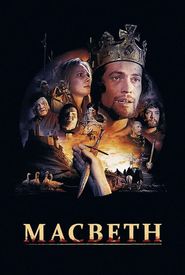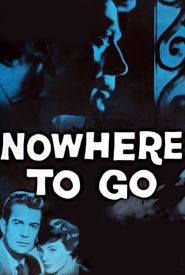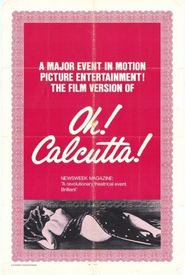Kenneth Tynan was a renowned theatrical critic of the 20th century. He earned a permanent place in the history of English theater when he became the first dramaturg of Laurence Olivier, when the great actor realized his dream of becoming the director of the new National Theatre.
Born Kenneth Peacock Tynan in Birmingham, England on April 2, 1927, he was the illegitimate son of Sir Peter Peacock, the former mayor of Warrington, who was leading a double life with his mistress and assumed the name of Tynan. At Oxford, he acted and produced plays, winning a reputation as a brilliant public speaker at the Oxford Union. He also edited and contributed to college magazines.
In 1952, The London Evening Standard newspaper hired the 25-year-old Tynan as a theater critic. He quickly established a reputation for himself as a bold and iconoclastic critic. He moved to The Observer in 1954, where he played a key role in the revolution of the London theater that began in the 1955-1956 season, with the debut of John Osborne's watershed play "Look Back in Anger".
Tynan championed Franco-Irish absurdist Samuel Beckett's masterpiece "Waiting for Godot" and was a strong supporter of the theatrical realism of the group of playwrights known as The Angry Young Men. Laurence Olivier, keen to not let fashion slip by him, became a convert to The Angry Young Man school, partly through Tynan's criticism and partly through the praise of Arthur Miller.
In 1963, when Olivier was named artistic director at the state-subsidized National Theatre, he appointed Tynan dramaturg. Tynan had recommended himself for the job. After the appointment, Tynan left The Observer for the National Theatre, where he established an international reputation for himself.
Tynan was at the right place at the right time. He wanted to overturn censorship and extend the boundaries of speech, and the 1960s were a propitious time for iconoclasts. He has the distinction of being the first person to use the "f"-word on English television, on a November 13, 1965, BBC broadcast of a live TV debate. The incident caused a public outcry and condemnation in Parliament.
Tynan had gotten The Observer to publish an "obscene" word in 1960, and by 1969, he was prepared to branch out into pornography, in the spirit of the times. His musical production of "Oh! Calcutta!" can be seen as part of his campaign against censorship and his taboo-breaking propensity for expanding expression.
In the 1970s, Tynan adapted Shakespeare's "Macbeth" for producer Hugh Hefner of Playboy Magazine fame. The movie, before its release, became notorious for nude witches and a sleep-walking scene in the buff by Lady Macbeth. When it was finally screened, the movie was attacked more for its graphic violence than its nudity.
Tynan quit the National Theatre in 1972, while Olivier followed him in 1973. Tynan's position in England deteriorated, as the vitality that had infused British and theater and film for a generation after the Suez Crisis had waned by Edward Heath's Tory government of 1970-74. He and his family moved to southern California in 1976.
Although his influence on theater was now dissipated, Tynan continued to write and be published, pieces for The New Yorker, and books. Kenneth Tynan died on July 26, 1980, in Santa Monica, California, of pulmonary emphysema. He was repatriated after death and buried in Holywell Cemetery, Oxford.
























